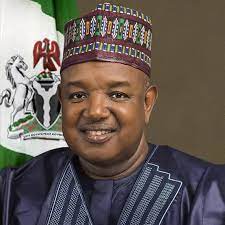President Bola Tinubu has signed the N2.2 trillion supplementary budget for 2023, which will be concurrently implemented with the 2024 budget until March this year.
The Speaker of the House of Representatives, Hon. Tajudeen Abbas, who made this disclosure during a media chat at the Presidential Villa on Monday, said that already the President had signed two bills to facilitate the implementation of the supplementary budget.
The lawmaker said: “The president signed two other bills. The first one is the supplementary appropriation bill for 2023, which he has agreed to extend by 90 days. So, it will continue to work concurrently with the 2024 budget up to March 31.
“He has also approved the 2023 main budget to concurrently operate with the capital components of the 2024 budget up to March 31, 2024.
“Another landmark achievement we had was also approving the securitization of the ways and means that have effectively brought to an end these controversial means and ways of borrowing money. And he has assured Nigerians that this will be the last of this kind of ugly incident”, he added.
Tinubu had signed the N2.176 trillion Supplementary Appropriation Act into law to strengthen Nigeria’s security architecture and address Nigeria’s critical infrastructure deficit, amongst other considerations.
Giving a breakdown of the supplementary budget, the Minister of Budget and Economic Planning, Sen. Abubakar Bagudu, said the newly approved expenditure for defence and security represented about 30% of the provision, while 35% would be committed to the provision of critical infrastructure to be allocated to the Federal Ministries of Works, the Federal Capital Territory, and Housing and Urban Development.
The minister further explained that 32% of the supplementary budget was allocated to the new wage award for Treasury-paid federal workers to cushion the effect of the removal of fuel subsidies, in addition to cash transfers to vulnerable persons and support for the Independent National Electoral Commission (INEC), among other considerations.






